Before WWI, both the British and German navies expected that the war's early days would see a massive clash of their fleets, a "New Trafalgar" that would decide control of the sea at a stroke. This was not to be, as the Germans, eager to avoid a battle with the stronger British fleet, stuck close to their bases in coastal waters that the British avoided due to the threat of mines, submarines and torpedoes. The only way for the two sides to meet was if one of them knew in advance where the other would be, and the British, thanks to the capture of German codebooks early in the war, had set up an organization to intercept and decode German signals, and it was this organization, Room 40, that would trigger the Battle of Jutland.
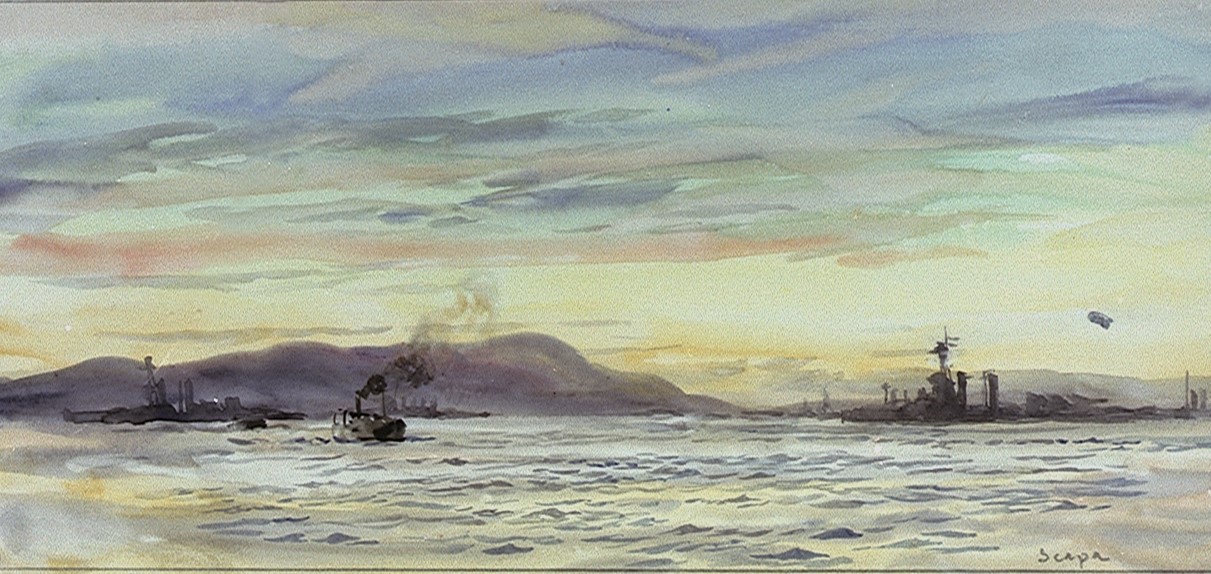
British battleships in Scapa Flow
Signs of what was to come began to accumulate in mid-May, as the Germans dispatched 18 U-boats to lie off British bases in hopes of catching the Grand Fleet as it sortied. The Germans, unconcerned with the threat of British interception, coordinated the sortie, including the U-boats themselves and the minesweepers necessary to get them to sea, via radio. But none of them headed for the trade routes bringing vital supplies to Britain, giving Room 40 a clear sign that something was afoot. Read more...

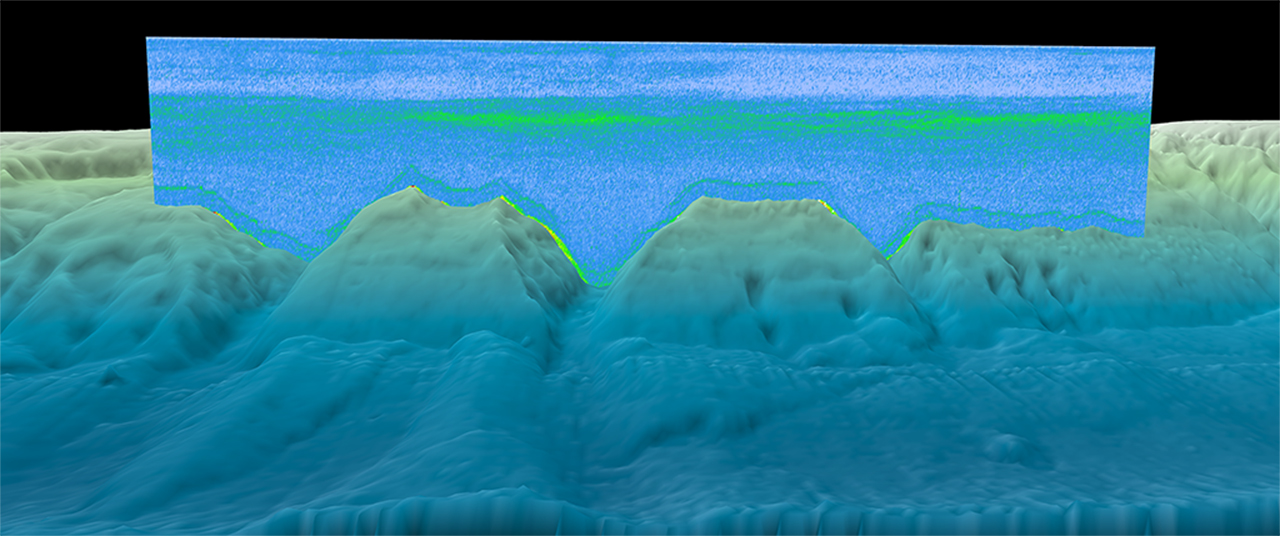
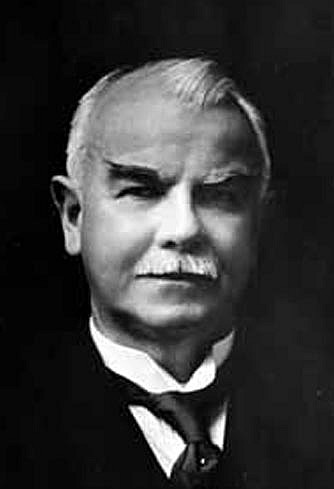
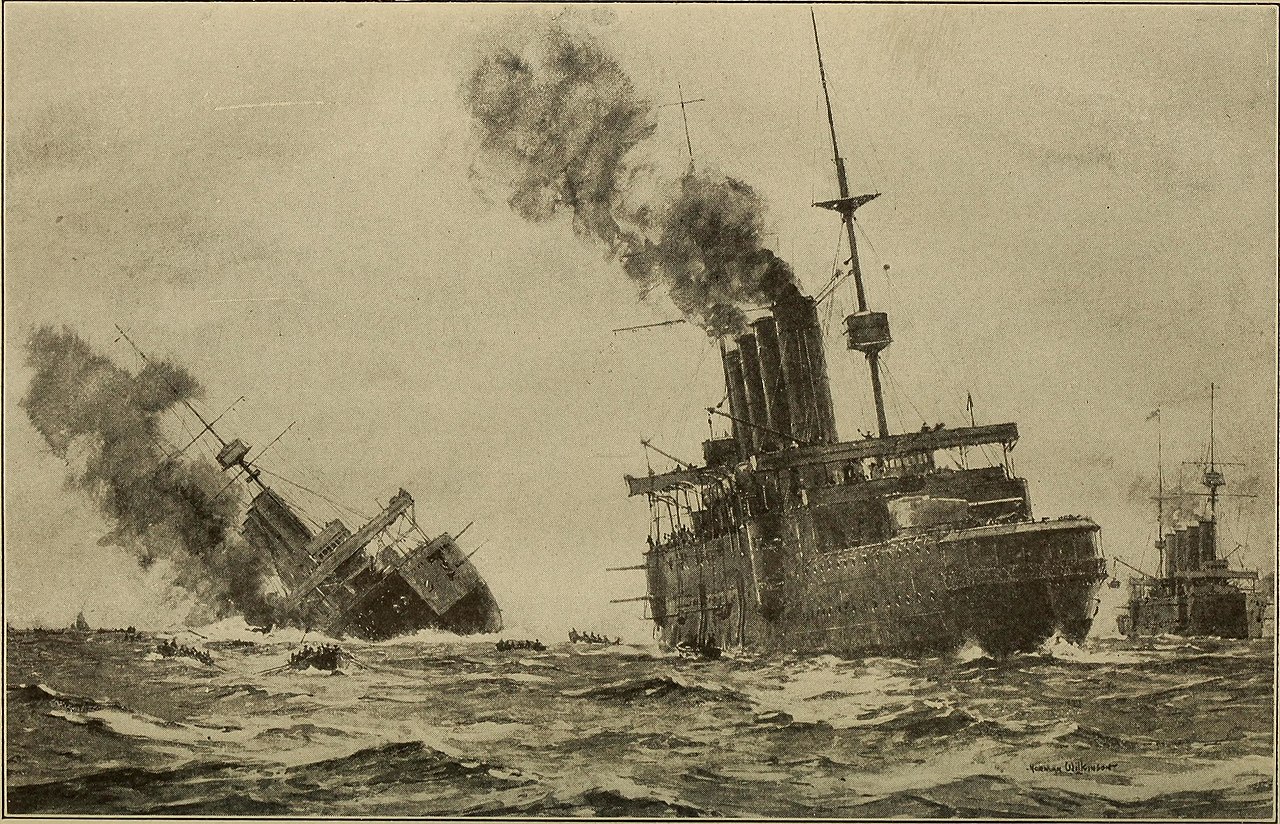
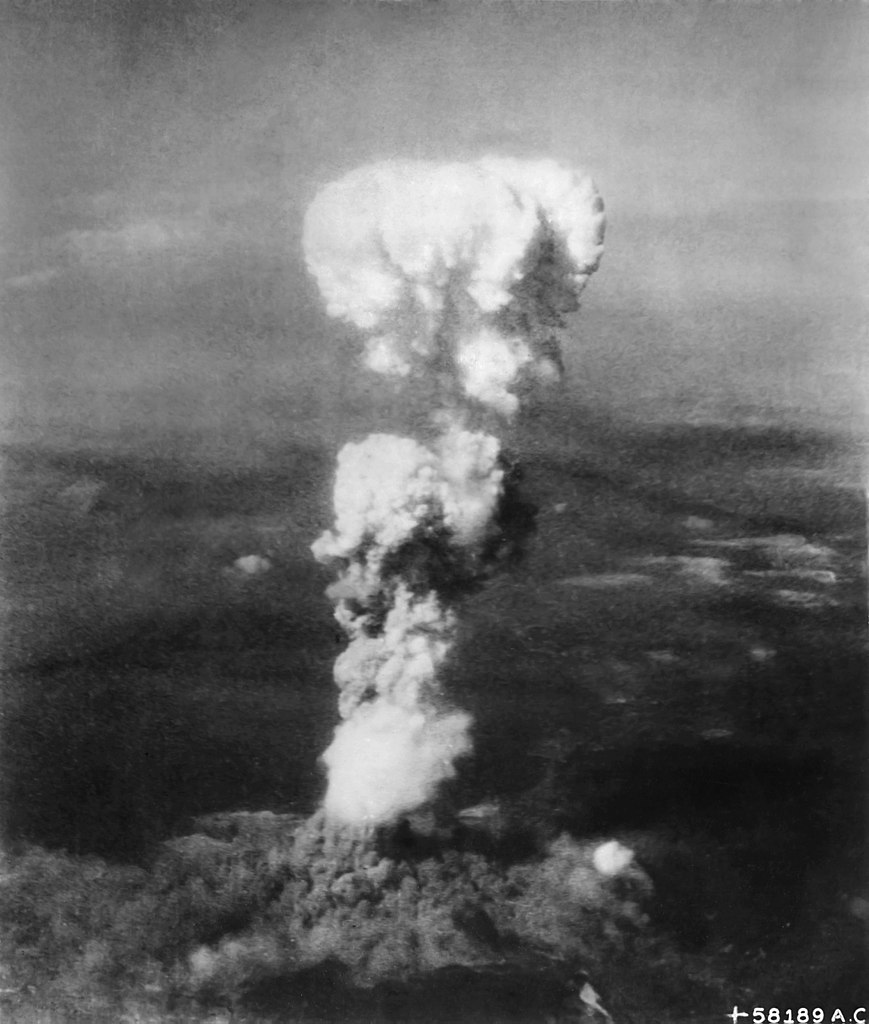
Recent Comments